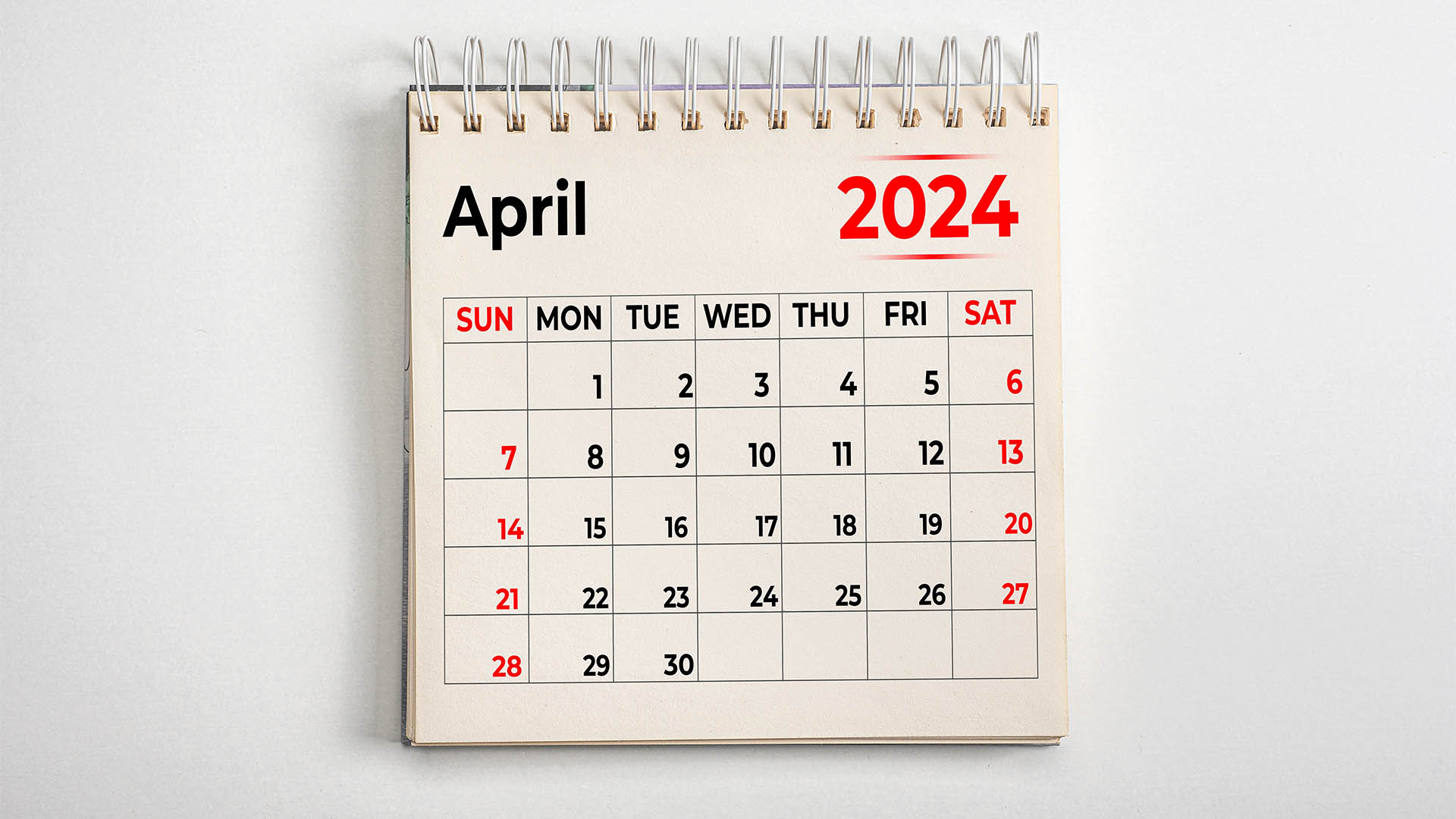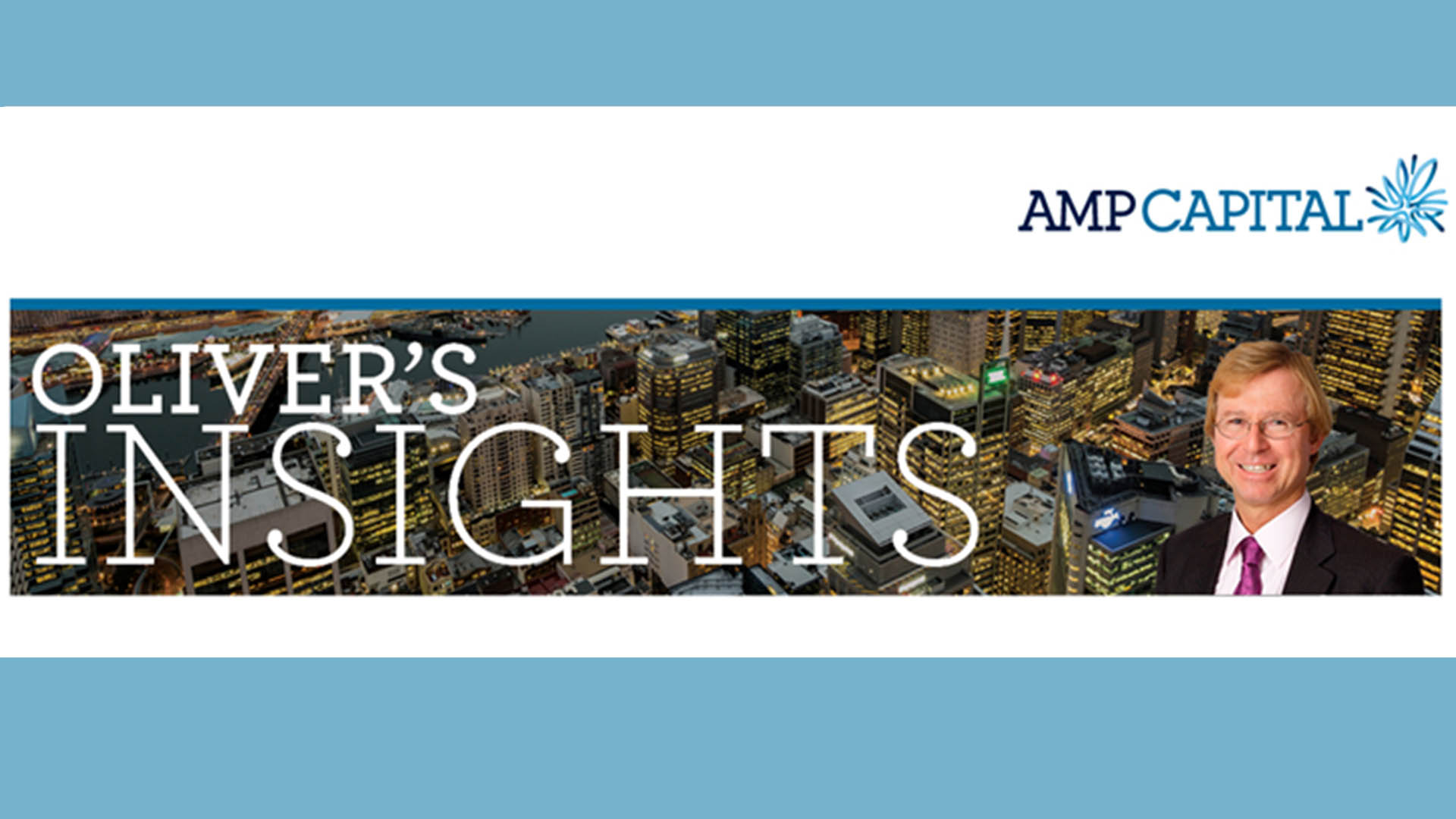Unlike Australia, which didn’t get a rate rise or cut on Tuesday, the Bank of Japan (BoJ) has given that country what amounts to the first rate rise in 17 years.
At its meeting on Tuesday, the central bank raised interest rates for the first time since 2007 and became the world’s last central bank to end negative rates as the country puts decades of deflation behind it.
Following a 7-2 majority vote at the end of the two-day meeting, the BoJ said it would guide the overnight interest rate to remain in a range of around 0-0.1 per cent.
The news saw no clear lead from the country’s financial markets as to what traders and investors thought.
After the Bank of Japan decision was announced, the yen rose past 149 to the US dollar, and rose again to eye the 150 level. The Nikkei share index fell, rose and then fell again.
The BoJ also announced the abolition of its yield curve control policy for 10-year Japanese government bonds, which the central bank employed to target longer-term interest rates by buying and selling bonds as necessary.
The BoJ said it would stop purchases of exchange-traded funds and Japan real estate investment trusts (J-REITS) and will slowly reduce its purchases of corporate bonds, and wants to stop this in about a year.
The BoJ though said it will continue its purchases of Japanese government bonds with broadly the same amount as before.
Overall, economists said the changes are the sharpest pull back in the central bank’s decades-old radical monetary policy fiddling in the form of asset purchases and quantitative easing to reflate the world’s fourth-largest economy.
High (by Japanese standards) inflation at around 2.2 per cent on a headline base for CPI inflation (which is forecast to jump to 2.9 per cent to 3 per cent in February data to be issued on Friday) and big pay rises in the annual round of wage talks just ending, were the reasons for the end of the ultra loose monetary policy.
The bank has been waiting for the end of the wage rise round with some companies granting rises for the first time in years to employees. The main union group said the early estimate from the round of talks was for an average 3.7 per cent rise in wages. That’s above the 2023 outcome, which saw the biggest increases in 30 years at above 3 per cent.
The aim of the central bank in encouraging inflation and big wage rises has been try and reflate the severely deflated economy in the wake of the huge property and sharemarket bubbles in the late 1980s.














